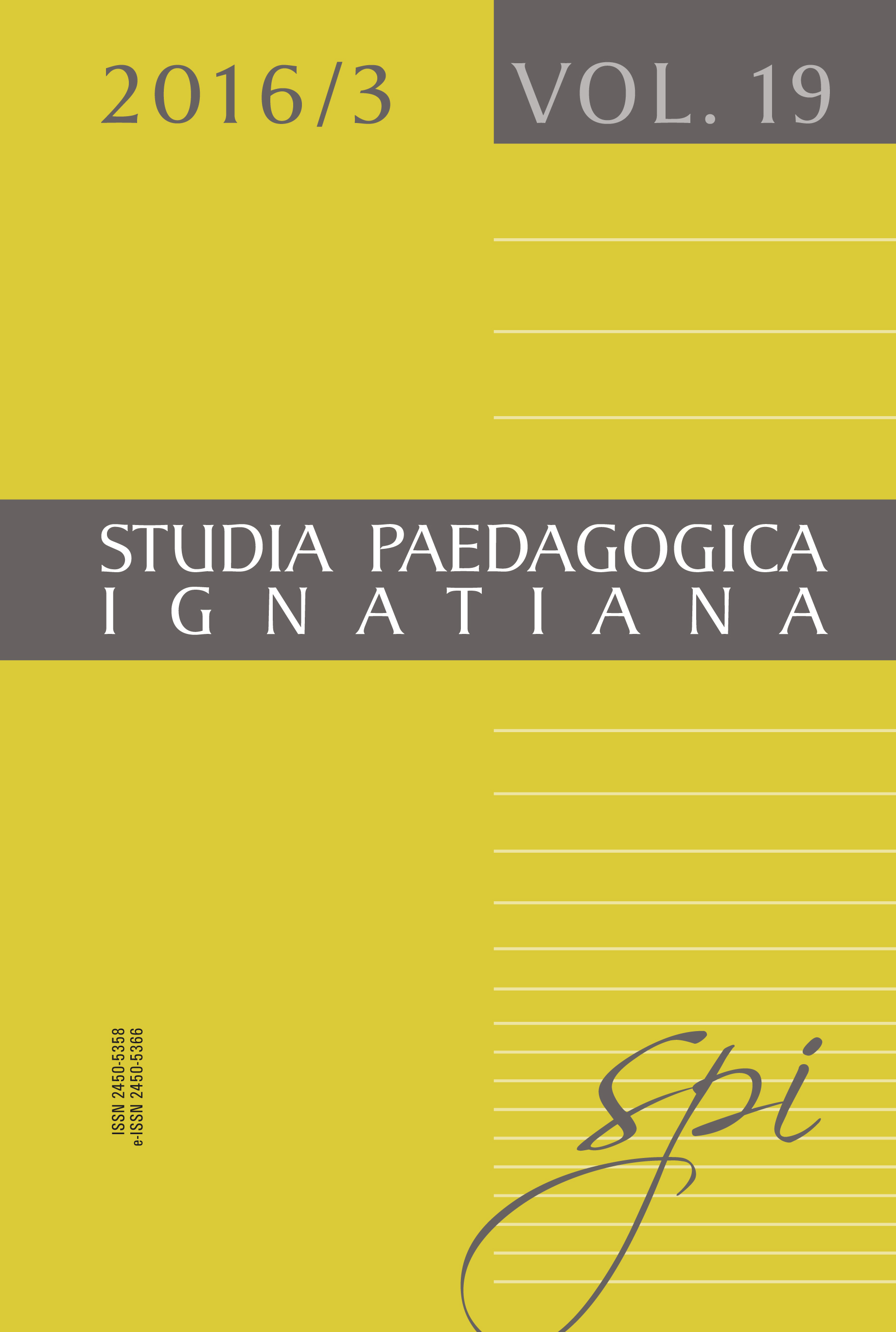Zarys rozwoju ruchu spółdzielczego na ziemiach polskich pod zaborem pruskim w drugiej połowie XIX i na początku XX wieku oraz jego edukacyjny charakter
The Overview of the Development of the Cooperative Movement on Polish Lands Under Prussian Rule in the Second Half of the Nineteenth and Early Twentieth Century and Its Educational Character
Author(s): Elżbieta MagieraSubject(s): History, Social Sciences, Education, Social history, Modern Age, 19th Century
Published by: Uniwersytet Ignatianum w Krakowie
Keywords: history of education; cooperative movement in Poland under Prussian rule; Augustyn Szamarzewski; Piotr Wawrzyniak; education through cooperation
Summary/Abstract: The article presents the overview of the development of the cooperative movement on Polish lands under Prussian rule in the second half of the nineteenth to the early twentieth century and its educational character. The text is divided into three main parts, which present: the origins of the cooperative movement on Polish lands under Prussian rule; the development of the cooperative movement under the patronage of Augusyn Szamarzewski; the functioning of the cooperative movement under the patronage of Piotr Wawrzyniak. In the mid-nineteenth century on the Polish territory annexed by Prussia began the actions of association for economic purposes. Initially savings and credit cooperatives were formed, which were called people’s banks. With the passage of time other forms of cooperatives have developed, mainly agricultural and trading cooperatives. Polish cooperatives under Prussian rule were characterized by uniformity in terms of organization and typology. They belonged to one central financial office and one revisory association. The great patrons of cooperatives – Augustine Szamarzewski and Piotr Wawrzyniak – had profound influence on their dynamic development. The cooperative movement in Poland under Prussian rule had an educational character. It became a school of work, saving, thrift and entrepreneurship. It played an important role in the fight against Germanization. The cooperative movement was developing social solidarity, various forms of self-help, cooperation and collaboration. It strived for economic and social modernization, trying to counteract the growing negative effects of flourishing capitalism and seeking to raise the standard of living of the lowest social class through joint economic activity. It not only had an economic character, but also moral, which strengthened the positive qualities of people, fought against abuse, usury, national or social disadvantages. Cooperative associations became a place of education and upbringing of economic intelligence, a school of democracy and civic life. They were also engaged in educational and patriotic activity.
Journal: Studia Paedagogica Ignatiana
- Issue Year: 19/2016
- Issue No: 3
- Page Range: 181-200
- Page Count: 20
- Language: Polish

